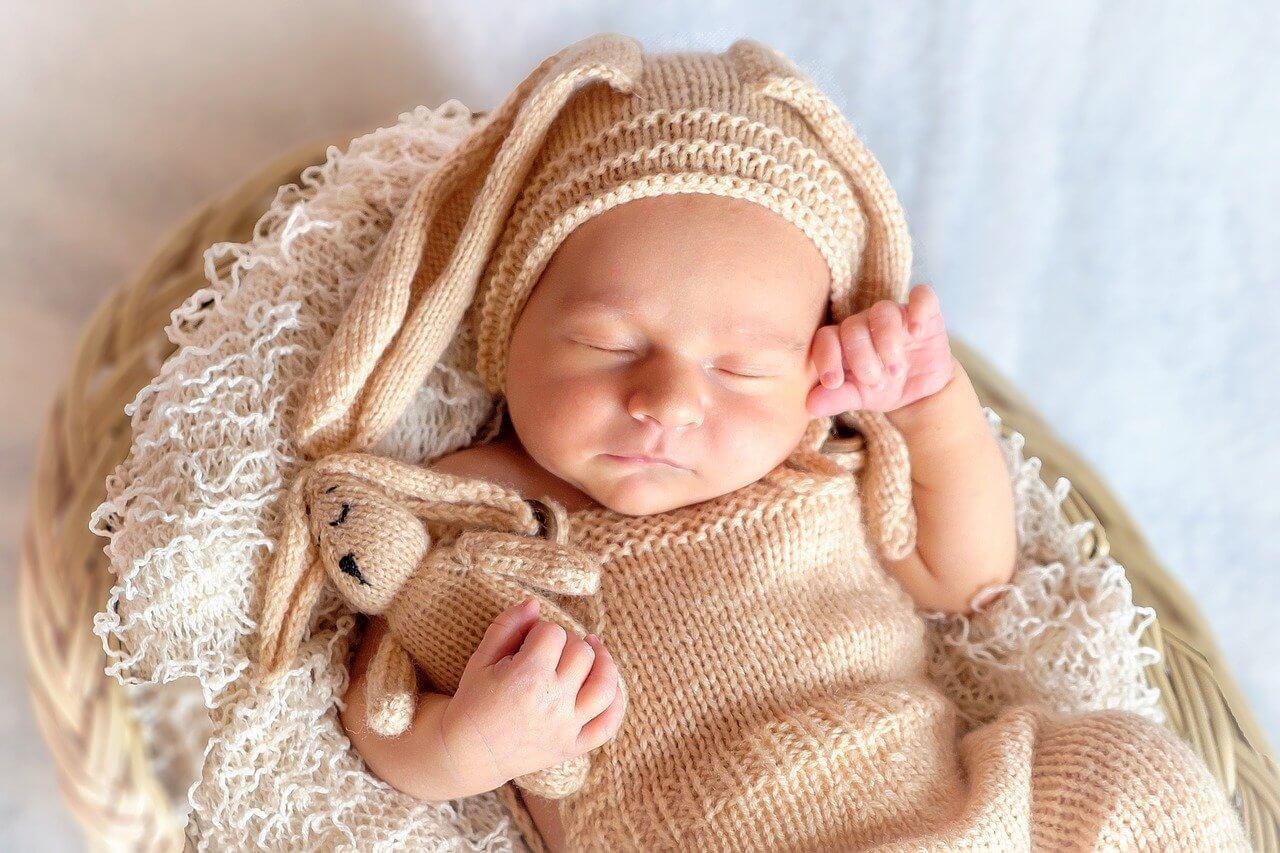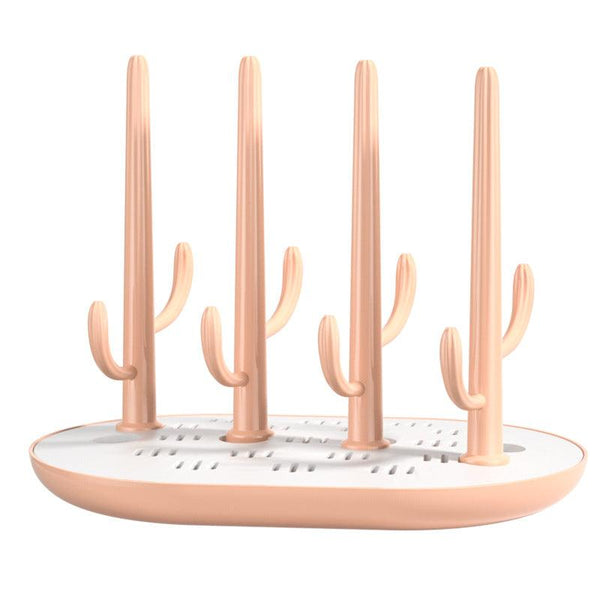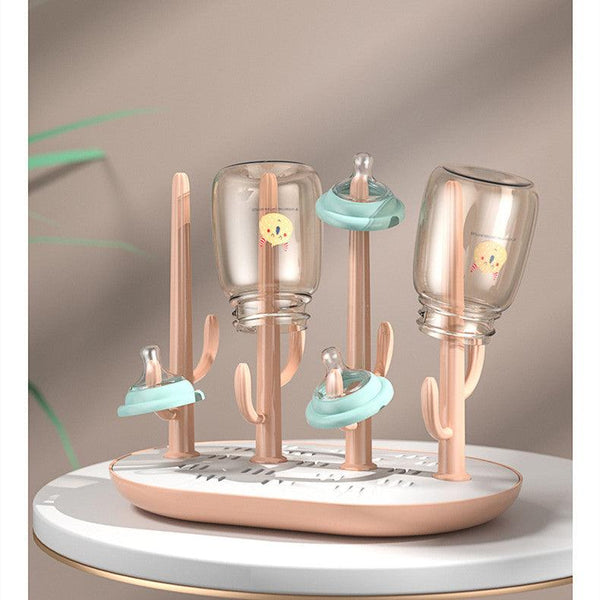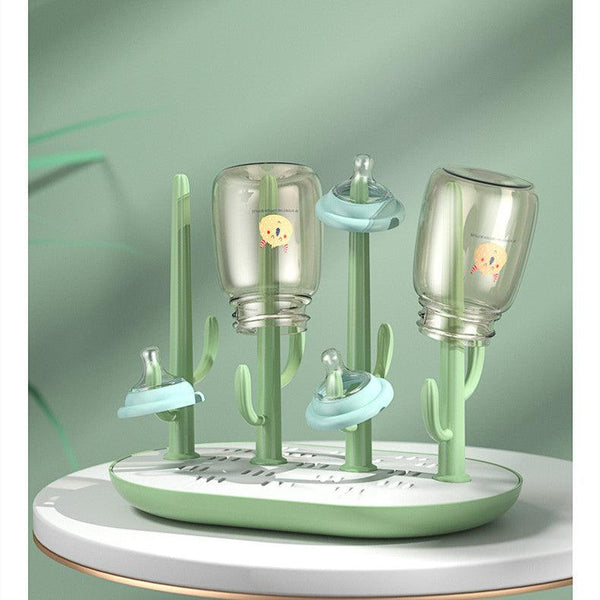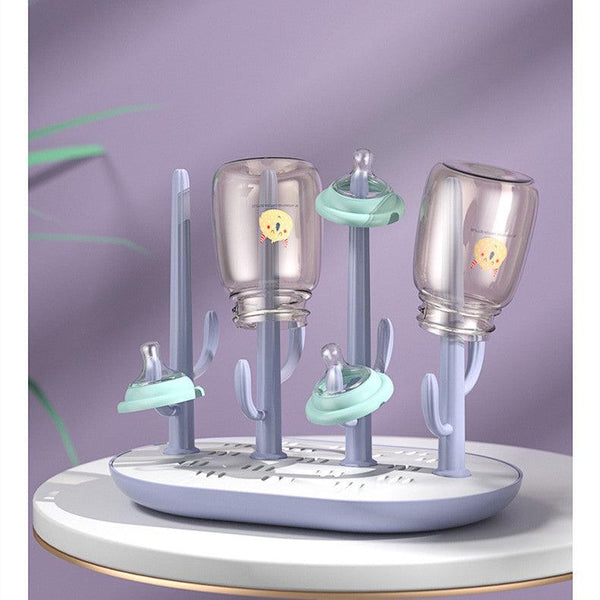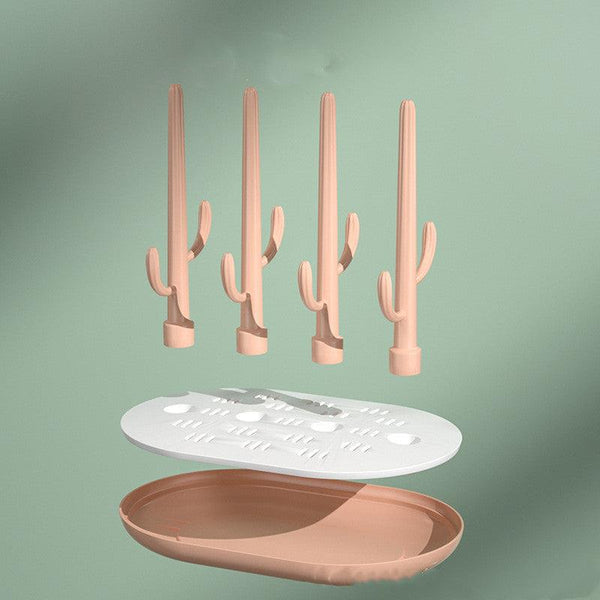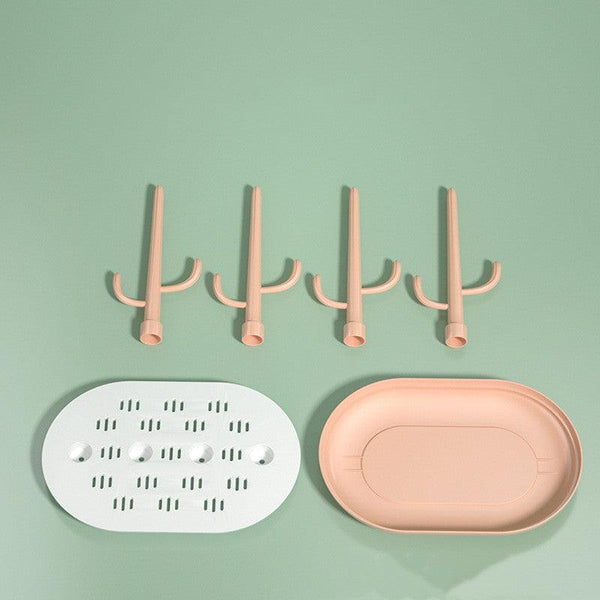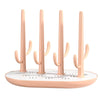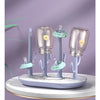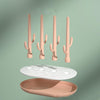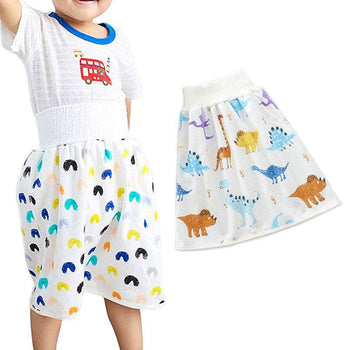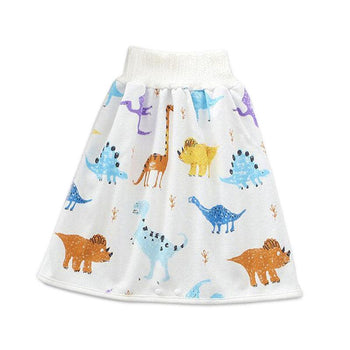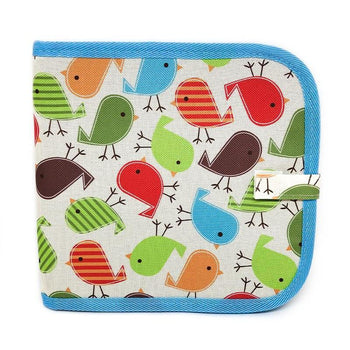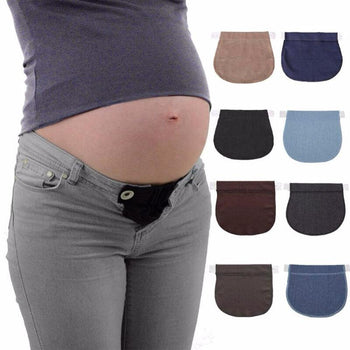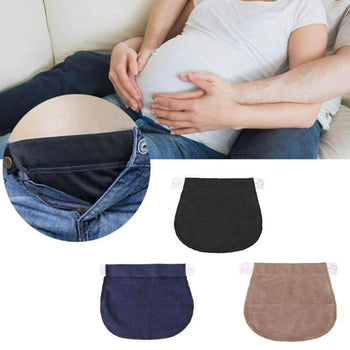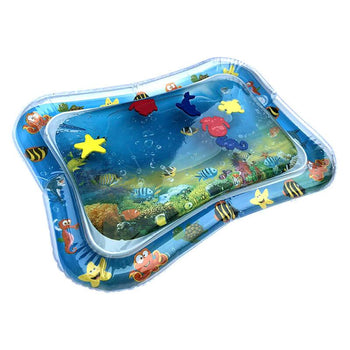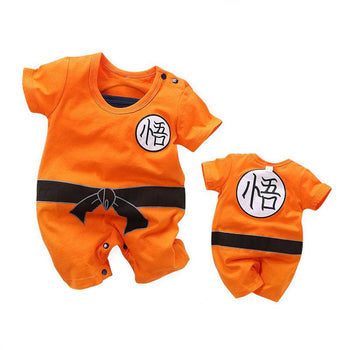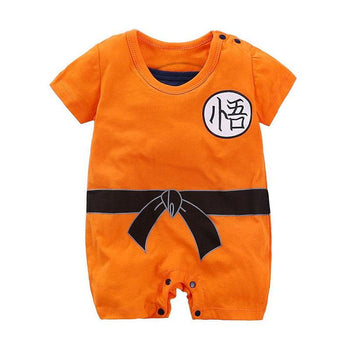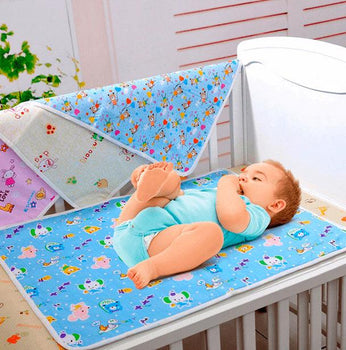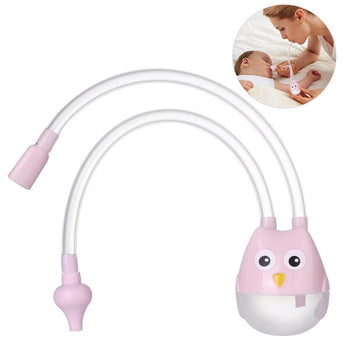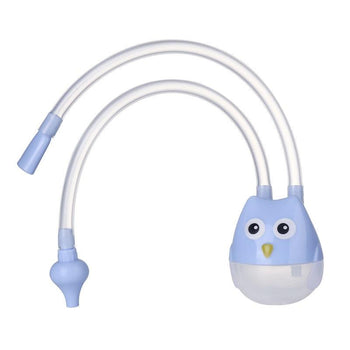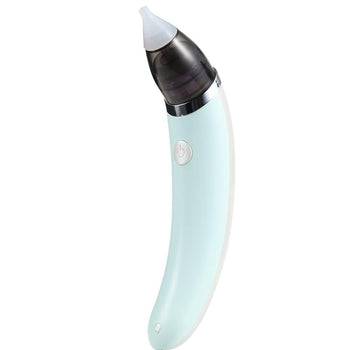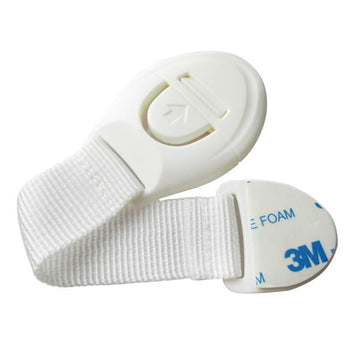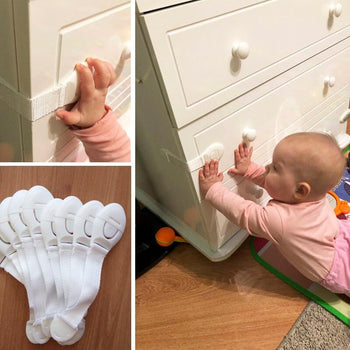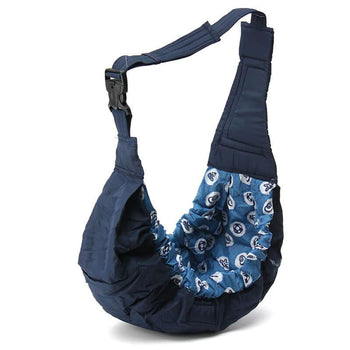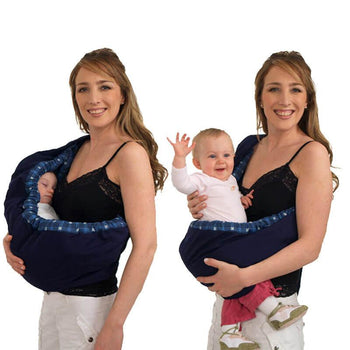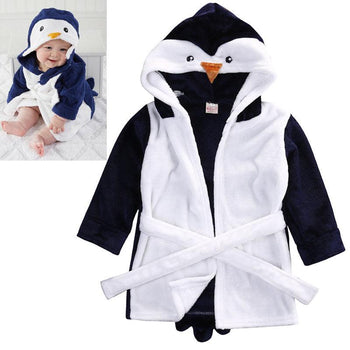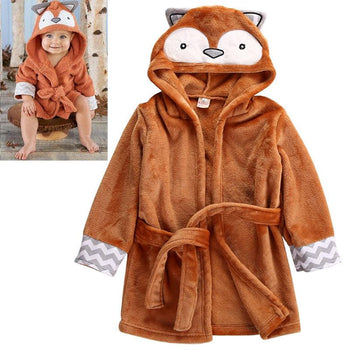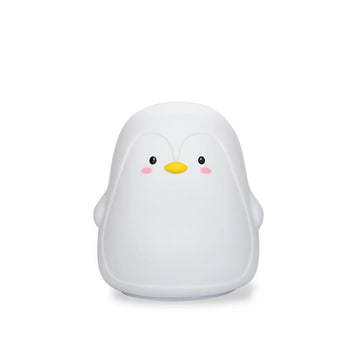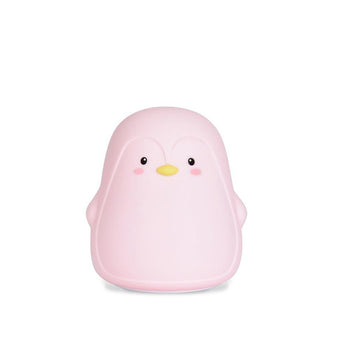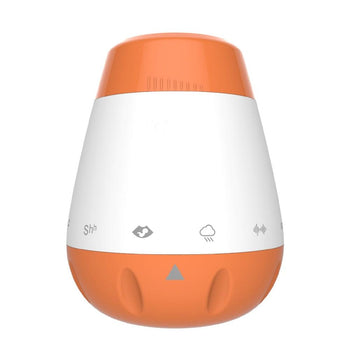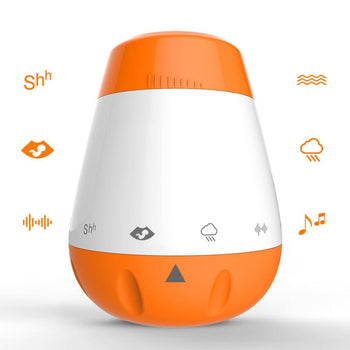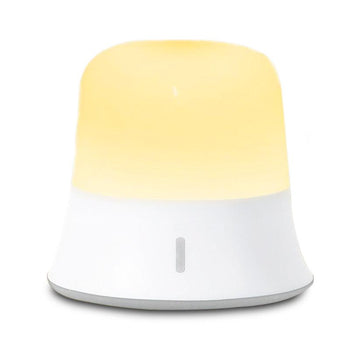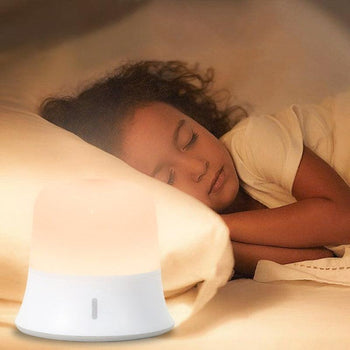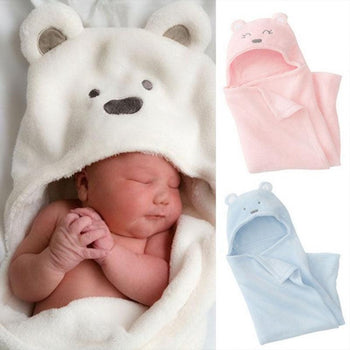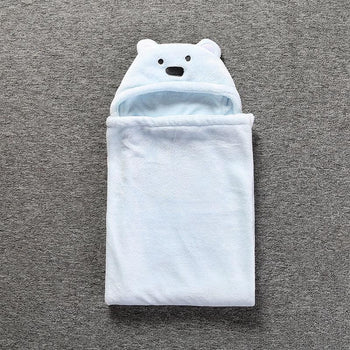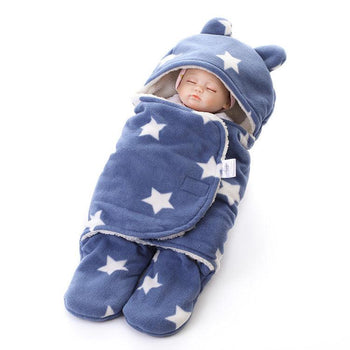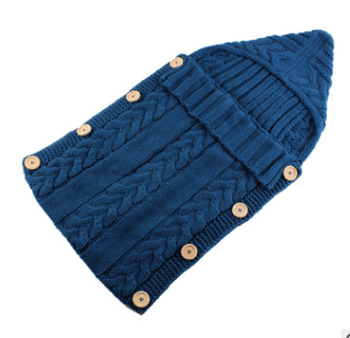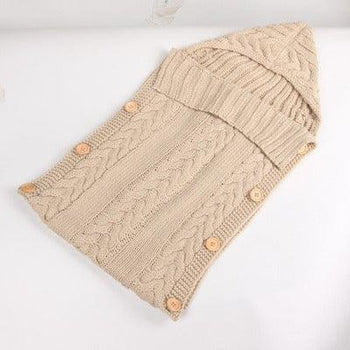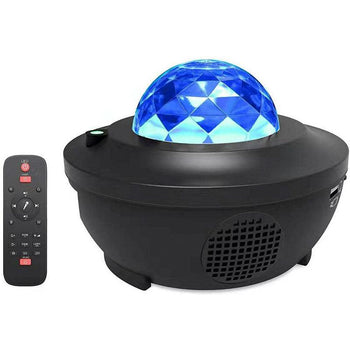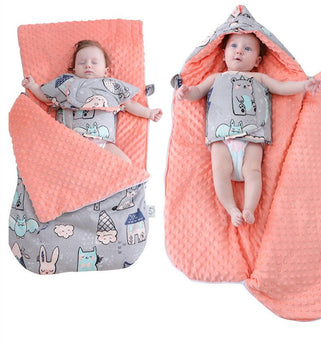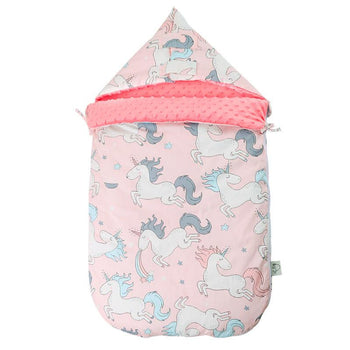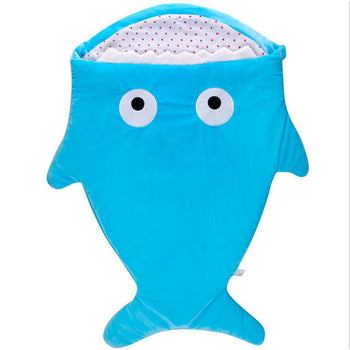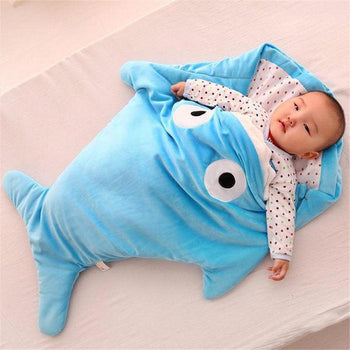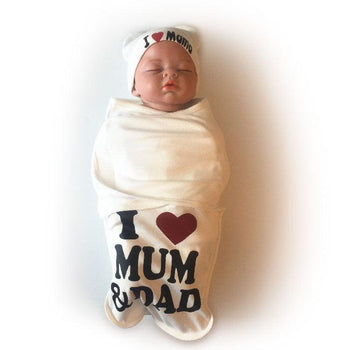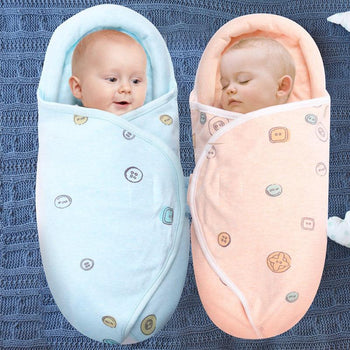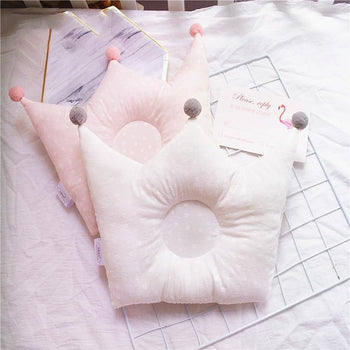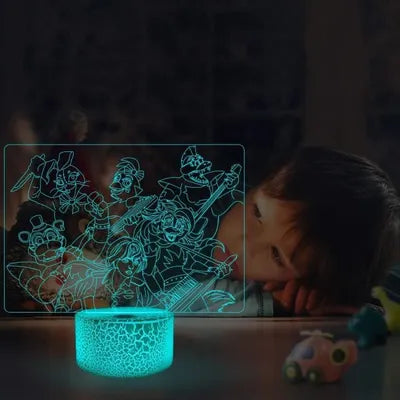Siesta. Mini-nap. Micro-nap.
Whatever name you give them, naps can feel like the bane of your existence as a mom or dad. It can feel like spending forever trying to help your baby fall asleep at nap time , only to wake him up 20 minutes after you lay him down. It's not really relaxing for everyone!
So why do some babies tend to take short naps? Is there an underlying reason? And (most important) is it a problem you can solve? These are the questions we are going to answer today.
Discover this method to extend your baby's naps
My baby wakes up after a 30-minute nap : Are these micro-naps normal?
First, let's define our terms. A short nap is a nap lasting less than an hour. It can only last a few minutes! A long nap is a nap of 60 minutes or more. Most parents can expect an hour to an hour and a half long nap, although some babies and toddlers take longer naps, especially toddlers who only nap once a day. afternoon. These naps can last up to two or three hours! (read our article here to find out how many naps your baby really needs )
Second, let's be clear on one thing: short naps are not unusual, or abnormal, for newborns. If you're wondering why your baby wakes up after a 30-minute nap , remember that newborn babies need to eat every 2-3 hours. It is therefore understandable that newborns take many mini-naps throughout the day.
As your baby grows and her brain and body develop, her short naps should start to consolidate into several longer naps. And gradually, these naps should be done at more regular times. Over time, your baby will continue to take naps, and the naps themselves will gradually become longer. When your baby is a toddler , he will take a long nap in the middle of the day.
Here is our table of baby naps to give you an idea of the number of naps a baby should take according to his age.
---> Table available here
Third, remember that older babies can take a nap every day when they are nearing (or in the middle of) transitioning to a single nap. For example, many 7-month-olds take a third nap in the late afternoon , when they transition to a two-daily nap phase. This nap is not a problem, provided the other two naps are an hour or more.
Not all babies naturally nap
Not all babies nap easily (or at all). This nap consolidation depends in part on your baby's unique growth and development patterns; the fact is, some babies are biologically ready (and willing) to take longer naps much earlier than others. Some babies will start this nap consolidation process quite early, as early as 4 to 6 weeks. Others will do it much later, at 5 or 6 months. So if your baby is past the newborn stage but continues to take short naps, understand that part of it may be due to biology .
Of course, you don't want to spend the next 3 years blaming biology for your little one's short naps! 😉 So what's the limit at which you can consider your baby's short naps a problem to be solved, and not just an indication that he's not ready for longer naps? In general, if your baby is under 6 months old , consider naps normal and a sign that he hasn't figured out how to nap yet. But after six months, if your baby still takes short naps, you can work to improve her naps.
Discover in this article, 10 tips, which you can apply today , so that baby takes good naps
Why does your baby take micro naps?
So why do babies over 6 months old keep taking short naps? There are several possibilities:
Scheduling issues.
Make sure your baby's daily nap schedule aligns well with their sleep needs, as well as bedtime and early wake-up times. To find out how to give your baby a good rhythm, you can read this article here
An inconsistency.
The unpredictability of the daily routine tends to ruin naps, especially for babies who are sensitive to change. If your baby naps at different times each day , or in different places, it will be even more difficult to help her take long, restorative naps. If this is a problem in your home, try to establish predictable daily routines and make naps happen at home, not on the go.
Too much waking time between naps.
You might think that extending your baby's wake-up time will help her take longer naps. But in reality, the opposite happens: if your baby stays awake too long , he will be too tired, which will make naps even worse. You will know that your baby is tired by his signals; if he's rubbing his eyes, yawning, and fidgeting (or maybe moaning), then he's probably too tired.
Sleep associations.
This is probably the main reason why babies over 6 months old take short naps. If your baby still needs to be fed or rocked to sleep, or if you have to replace the pacifier every time it falls off to get him back to sleep, consider this a sign that your baby doesn't know how to fall asleep at all. alone . And if he can't fall asleep on his own, then when he wakes up between sleep cycles during his nap, he cries.
If sleep associations are a problem for your baby, it might be time to consider changing those associations through sleep training (Check out a very EFFECTIVE method here ). Discover in this article 6 steps that will help you put your baby to sleep more easily.
Other articles that may also interest you:
Is rocking your baby harmful? Watch out for sleep associations
7 reasons why babies don't take naps
5 Bad Napping Habits Baby Could Pick Up
Does your baby take short naps? How are you working to solve this problem? Feel free to share your ideas in the comments section below!
Do you have a birthday or other exceptional event?
And you are looking for a beautiful dress for your child!
On www.robe-de-princesse.com enter a magical world and discover the most beautiful princess dresses for your daughter.
Do you want your baby to sleep through the night?
In this free guide , you'll discover 5 things you absolutely need to know.
With a unique approach and practical tools for success, this guide will help you and your baby sleep better through the night.


